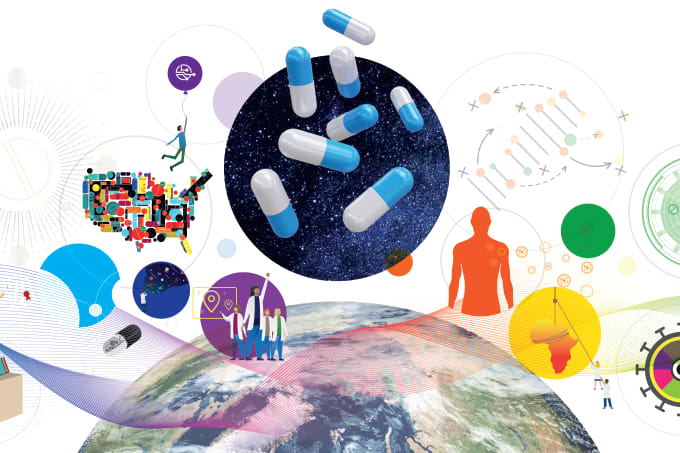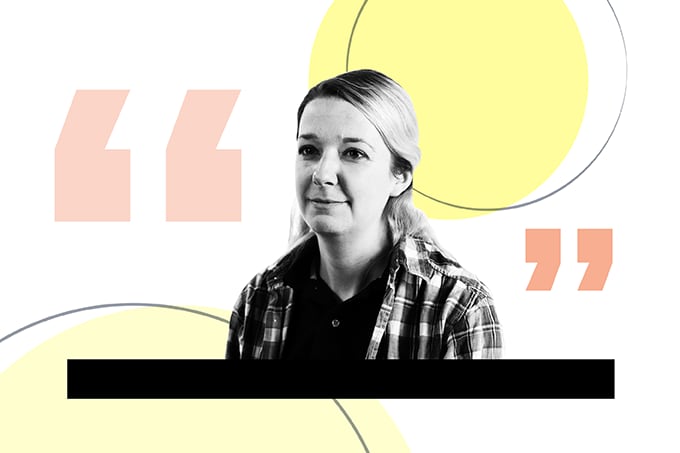
Life-changing treatments with unmatched efficacy are being held off by manufacturing in a tight bottleneck. Not only are manufacturing processes for cell and gene therapies (CGT) slow, complex, and hard to scale, but the manual nature also demands a highly skilled workforce. Hiring, training, and maintaining this critical mass and pool of talent might be the biggest challenge at hand for drug developers as well as CDMOs. With the CGT field in its infancy, the teams with the experience to develop a product from pre-clinical to cGMP manufacturing are few.
Skilled workers are needed at every level, from cell biologists, molecular biologists, immunologists, organic and analytical chemists, and biochemical and biomedical engineers, to manufacturing technicians, and more. With CGT job postings growing 400 percent in just four years, and specialized skills in cell therapy expected to increase by 75 percent by 2026, the industry faces an urgent need for skilled professionals to meet this demand. Developing this talent isn’t optional – it's an industry imperative.
Keeping a finger on the pulse and walking in the shoes of the personnel developing cell and gene therapies is essential. To this end, I regularly gown up and enter the clean room to remind myself of the meticulous procedures.
The wide range of processes, including open operations, where the cells or genetic material are manipulated outside of a fully enclosed system and exposed to the surrounding environment, makes CGT manufacturing a demanding profession. For instance, the manual skill required for open operations to perform cell separation, purification, and transduction while observing the protocols of a high-cleanliness setting or Grade B environment is immense.
Though parts of the CGT process are automated, tailoring therapies to individual patient needs requires knowledge and practice of many delicate procedures. For example, stringent aseptic protocols, as well as freezing and thawing protocols, must all be completed within strict clinical schedules. CGT personnel must be able to seamlessly navigate both automated and hands-on manual processes. However, this hands-on approach can also be highly rewarding in that it fosters a profound connection to the patient, making a career in CGT manufacturing a deeply meaningful and purpose-driven profession.
Investing in robust training, mentorship, and professional development is important for all companies and CDMOs involved in CGT manufacturing. Precision and adherence to strict protocols are non-negotiable. Technicians must not only oversee automated systems, but be prepared to work in open labs using manual procedures prone to contamination. Training in contamination control and aseptic techniques is imperative.
A successful training program should be designed to meet these demands head-on. New technicians should undergo an intensive training regimen to equip them with the knowledge and hands-on experience necessary to achieve excellence. It is also important to emphasize continuous skill development to keep pace with industry advancements and retain a world-class workforce. Manufacturing personnel will seek opportunities to grow their skill sets, and companies should respect and encourage those desires. Encouraging open dialogue between employees and managers is one way to promote professional development, although that requires a culture where employees feel secure enough to freely express grievances, concerns, and ideas. Providing skilled employees with talent development opportunities through an expat program can be a great incentive for employees, allowing them to learn in multiple locations to deepen their understanding of the product development journey. In Lonza, for example, many team members have moved across regions, from Texas and New Hampshire, to the Netherlands or Singapore.
The future of cell and gene therapy is bright, but its success hinges on our ability to build and sustain a skilled workforce. As technologies like CRISPR, induced pluripotent stem cells (iPSCs), and exosomes continue to advance and push the boundaries of biotechnology, the demand for expertise will only grow.
I have seen first-hand the drive and heart that CGT personnel bring to their work and the weight that rigorous training and collaboration carries in advancing CGT. My conversations with our team frequently touch on the opportunity to play a role in producing life-changing therapies for patients, which is a big motivator for them. By prioritizing mentorship, professional development, and open dialogue, we can all help to build a world-class workforce and foster the collaboration that will lead the industry into the future, driving innovation and delivering life-changing therapies to patients worldwide.




